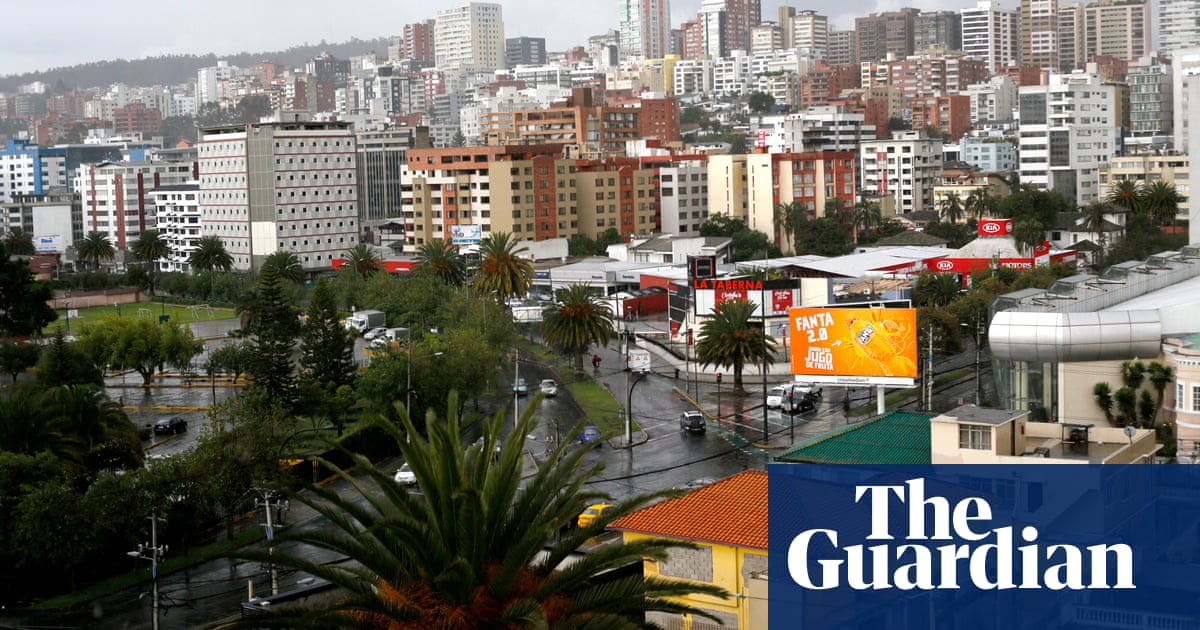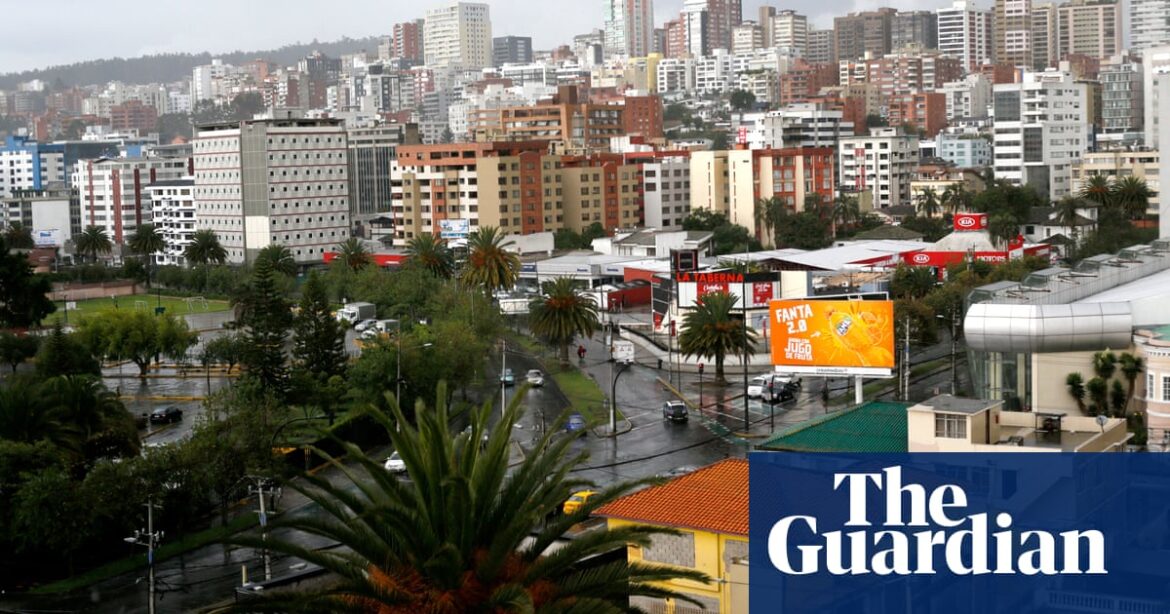
A nationwide electricity outage has struck Ecuador, leaving the nation of about 18 million in the dark, including the capital’s subway system, as authorities worked to repair faulty power lines, a senior official said.
“There is a failure in the transmission line that caused a cascade disconnection, so there’s no electricity at a national scale,” public works minister Roberto Luque said in a post on X on Wednesday.
Luque also serves as the country’s acting energy minister.
A Reuters witness said there was confusion on the streets of Quito, the capital, as traffic lights ceased working. Operations of Quito’s subway system have also ground to a halt.
“Due to a general failure of the national interconnected electrical energy system, the operation of the Quito Metro is interrupted while the systems are restarted and verified,” the metro system said on X.
In some sectors of the country the outage lasted 20 minutes, but media outlets and social media users reported that the problem continued in most cities.
Emilia Cevallos, a waitress in a restaurant north of the capital, Quito, said the blackout was surprising.
“We thought it was only in this sector, but when we left we realised that while some stores had connected generators, the majority did not have electricity,” she said. “The traffic lights were not working either.”
In April, Ecuadorian President Daniel Noboa declared an energy emergency and announced planned electricity cuts.
While the South American country has struggled with a drought affecting hydroelectricity power generation, heavy rains over the weekend forced authorities to take three hydroelectric plants offline.
The weekend rains provoked a landslide that killed at least 17 people and left 19 others injured. The disaster prompted Ecuador’s private OCP oil pipeline to suspend operations and declare force majeure.
Reuters and Associated Press contributed to this report
Source: theguardian.com



